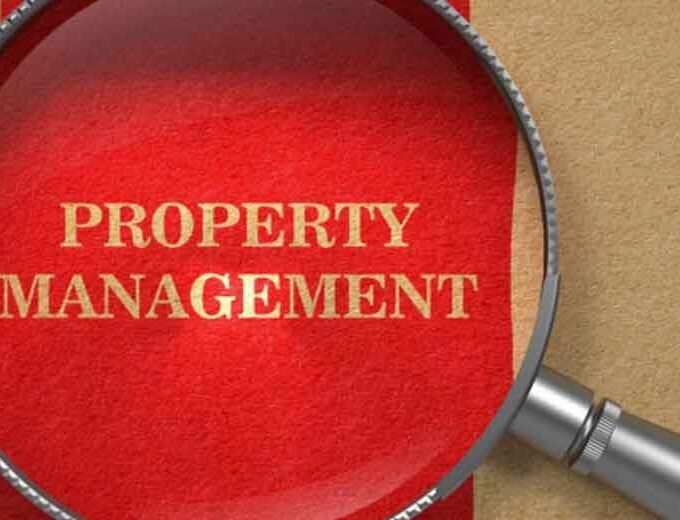With the use of earnest money growing in the US commercial real estate deals, investors need to know how much they are expected to pay as earnest money before they approach a seller for a deal.
This knowledge will help to prepare the cash needed so that the transaction can go on without delay.
New research now aims to help investors take a broad look at the US commercial real estate market today, breaking down the norms for paying earnest money by each state.
Research shows average earnest money requirements in the US
The first point to make is that earnest money requirements are not uniform in the US. Requirements will vary by location (state, city/town) and seller.
Nevertheless, extensive research by Duckfund, a provider of earnest money financing for commercial property, has helped to define the current averages in the US by each state.
Their research has shown that the average earnest money requirement across the US is 1%-5% of the property’s purchase price. This national average (1%-5%) exists in states like Montana, Colorado, New Jersey, New Mexico, Oregon, Vermont, and West Virginia.
However, there are states where the maximum earnest money does not quite reach up to 5%. For example, in Iowa, earnest money is typically between 0.5% and 1%. In South Carolina, South Dakota, Tennessee, Arizona, and Maryland, it is often 1%.
Also, in Nebraska, Missouri, Wisconsin, Wyoming, Texas, and Ohio, real estate investors can pay between 1% and 2% of purchase price as earnest money. In California, Connecticut, Georgia, Kansas, Utah, Virginia, Washington, and Mississippi, the maximum is 3%.
On the other hand, there are states where the maximum earnest money reaches up to 5% while minimum earnest money is greater than 1%. For example, in New Hampshire and Delaware, investors can expect to pay between 3-5%. In Indiana, the average is between 2 and 5% while it is exactly 5% in Massachusetts.
States where earnest money requirements are greater than average
Yet, there are some locations in the US where the earnest money requirement is higher than the national average. In these places, investors can expect to pay more than the maximum of the national average (5%) for some transactions.
For instance, in Pennsylvania, Louisiana, and Florida, earnest money is often between 5%-10% of purchase price. And in Alaska, New York, South Florida, and Michigan, investors can expect to pay an average of 10% as earnest money.
Introducing dynamism to earnest money payment
As the payment of earnest money becomes mainstream, sellers are now introducing more dynamic ways for buyers to make the payment.
One that has gained traction in Illinois, Rhode Island, and Naples (Florida) is two-part payment where the buyer can pay earnest money in two instalments.
In Rhode Island, for example, buyers can pay between 1-2% of the purchase price as the initial deposit for earnest money. After inspection and due diligence, the buyer can then pay the remaining earnest money.
Another evidence of dynamism is that some sellers in some states allow buyers to pay a fixed amount rather than a percentage of the purchase price. An example is Nebraska.
There, sellers often request an average of 1-2% of the purchase price or a fixed payment between $500 and $2,000. Similarly, in Iowa, sellers require an average of 0.5-1% of the purchase price or a fixed payment of $1,000.
A state like Illinois combines these two approaches. There, buyers can pay in two instalments. Also, the first instalment can be a fixed payment of $1,000 or 5% of the purchase price if the property is less than $1,000,000; on the other hand, if the property is more than $1,000,000, the first instalment will be $10,000 or 10% of the purchase price.
Paying earnest money in the US
Knowing what you can expect to pay is necessary, but getting the money to pay is even more important.
Closing many deals at the same time requires that you have a reliable source of cash to fund earnest money payments.
Duckfund is a fintech company that provides CRE developers with earnest money financing for as many deals as you desire. Whether earnest money is 1% or 10%, Duckfund will provide you with what you need in the quickest (in less than 48 hours), easiest (no credit score required), and most cost-effective (just 2% financing fee per month) way possible.
If you are ready to close commercial real estate deals across the country without being held back by earnest money requirements, consider registering with Duckfund today.
















